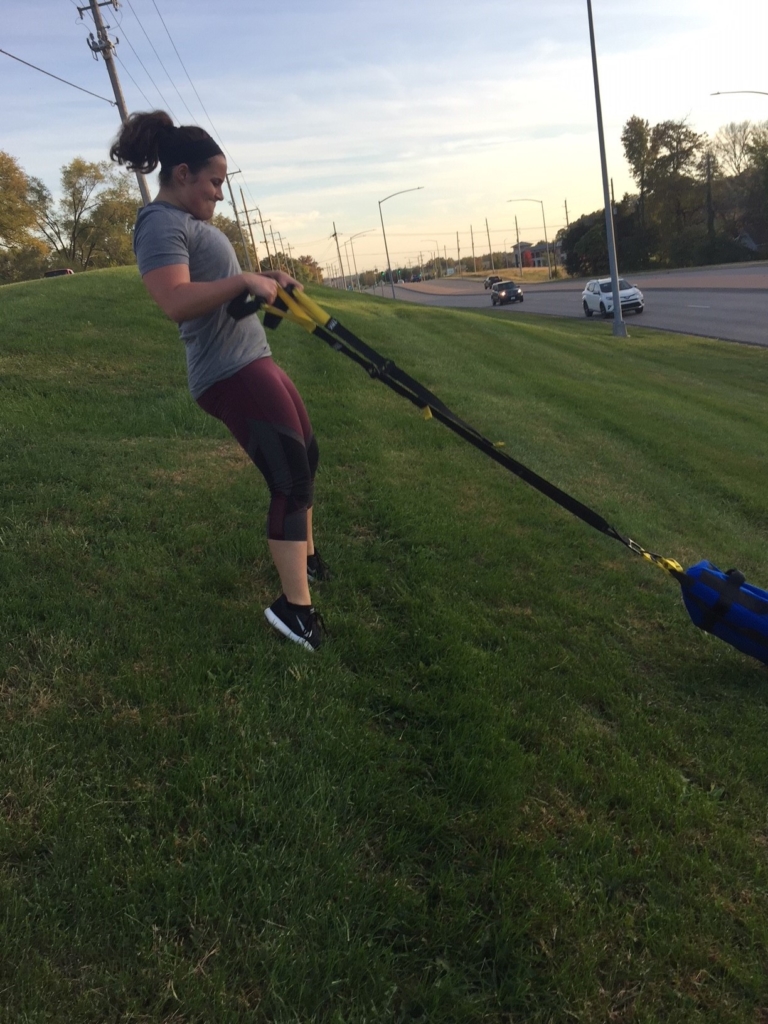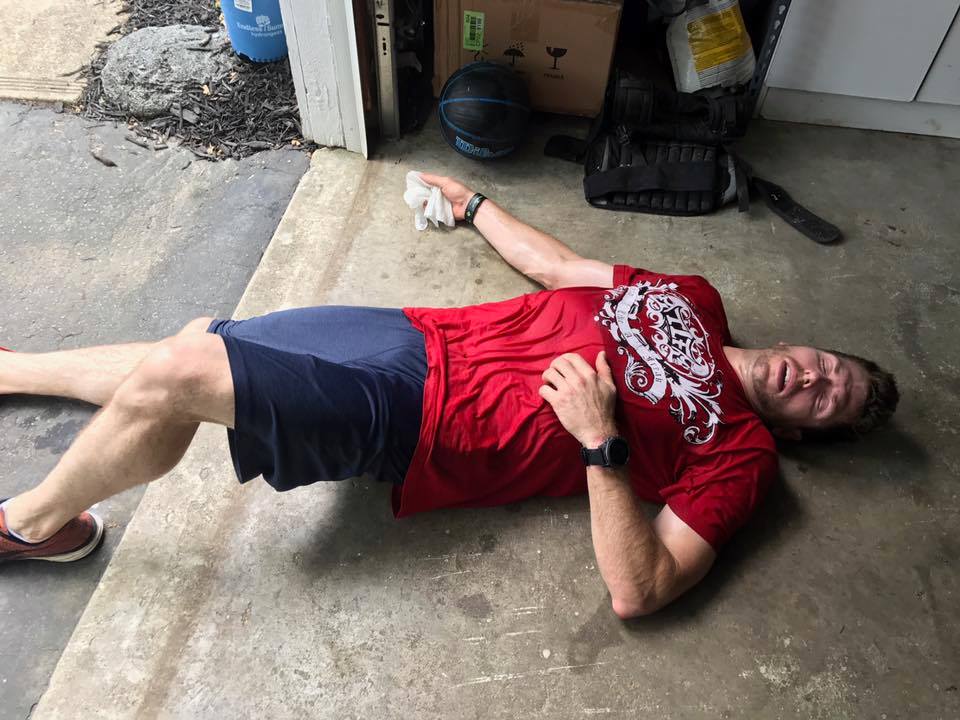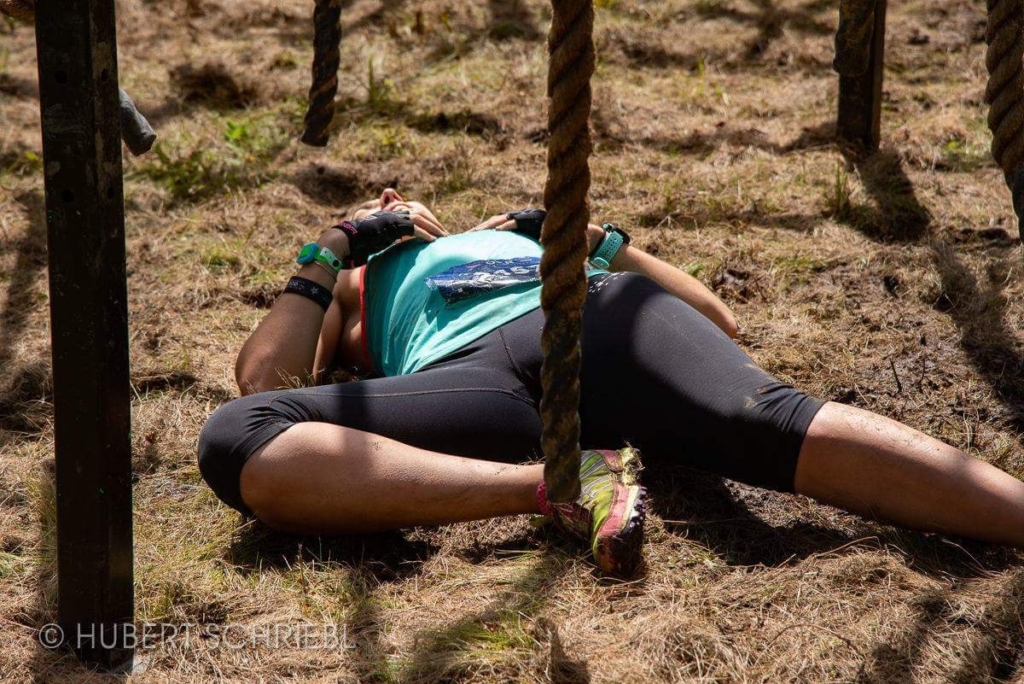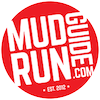As we reach the middle of off season for the majority of the country, it is challenging to find a race each weekend. Being an OCR trainer/Strength & Conditioning coach, I am more than happy to help athletes use this time to improve and get them to a more competitive state than they were in over the previous season.
I have noticed a few things about OCR athletes that I have not encountered with other athletes or the general public. From Elite competitors vying for the podium each race to the open wave competitor addicted to jumping over walls, crawling through the mud, and swinging from rigs for fun, OCR Racers are incredibly driven. We have all reached that point in a race where things didn’t go according to plan and we had to will ourselves to push through.
Whether it is hour 18 of World’s Toughest Mudder and your brain and body are screaming at you to give it up, or mile 0.5 of a Warrior dash and the mud just swallowed your favorite pair of mowing shoes and you have to go dig them out. While that point is different for each of us, we have all been there. It is that drive that got you through and on to your next race.
When drive can take you past the destination:
With that drive comes challenges. As a trainer, I want to design a well thought out, periodized, tapered, and balanced program that hits each one of your goals and in time for each of your big races throughout the season. We here in OCR are blessed with a long “Regular Season” that gives us the chance to get in as many races as we want. That glorious drive that got you past the dark time in your last race can also (if the wallet allows) have you racing 30+ weekends per year and traveling hundreds of miles to do so. Go out and have all the fun you can stand, but from a training stand point I ask, “When do you want to peak? When do you want to do your best?” The standard answer is “Every race!” Speaking from a physiological standpoint, that is virtually impossible.
You have built your racing ability over time, and the first season or two may have produced amazing improvements. A few seasons later, those improvements do not come as easily. It’s just part of life and skill acquisition that the more experience we have with a given task, the harder it is to make improvements and the smaller those improvements become. Commonly with OCR athletes, the response to this phenomenon is “Well, if I was training 3 days a week 4 has to be better,” or “ I was training 6 days a week , so I need to do 2-a-days or train everyday.”
Rest days aside, let’s look at the type of training you are doing. Are you only running and training on obstacles? That’s what we do on race day, so why not keep training that way? Because periodization, that’s why! Without going into too much detail, periodization changes the focus of your training depending on where you are in your season and when you want to perform your best. This goes back to what I mentioned earlier: if you keep doing the same thing over and over you will reach a point of diminishing returns.
More is just more
Now you are changing up your training methods and focusing on different aspects like strength, power, speed, and endurance at different points throughout the year. This makes it easier to look at how much you are doing. In my experience with OCR athletes, the prevailing opinion that more is better- except when it comes to lifting weights. In many cases, more is just that… more. It’s more pounding on your feet and joints or it’s just simply more stress on your body. This is not just from a musculoskeletal approach, but also a mindset, hormonal, and total body approach.
Exercise is a stress to the body, a good stress but a stress nonetheless. Training takes a toll on the body and recovery time is essential. Half the time a new client will ask where the rest of their program is- they aren’t going 110% for each workout 7 days each week and they don’t feel tired like they used to. Good! I want you to be tired for a short time after your workout, not all day. Other than a reminder of those squats 2 days ago, soreness should not impact your daily activities. If it hurts to get out of bed in the morning you may want to re-evaluate the previous day’s activities and adjust the next workout accordingly.
Please do not take this article as me telling you not to train. I have just noticed that the same traits that make OCR racers as badass as they are can also lead to overtraining and an increased risk of injury. Different OCR community pages on social media are a place to ask questions, however the information coming back may not always be the best practice. Take advice from social media at face value unless you know the source.
If you don’t have an exercise professional designing your workouts please look into one. I am partial to a certain trainer myself, but there are a plethora of options out there. If you can’t afford a personalized plan, don’t be afraid to talk to a fitness/sports performance professional. Personally, I am more than happy to answer any questions I can to help guide people down the right path.
Train smart and train safe because that hill isn’t going to climb itself.





Leave A Comment